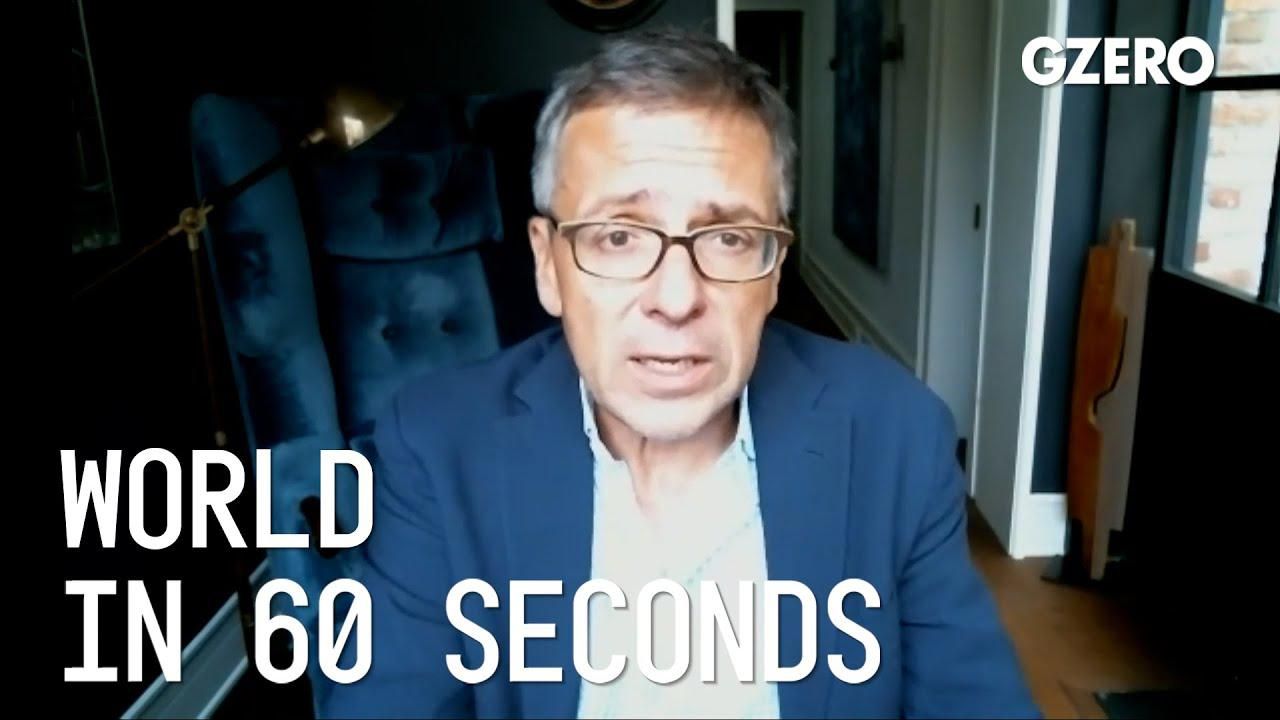
Ian Bremmer shares his insights on global politics this week with a look at the Taliban's interim government, Chinese President Xi's efforts to redistribute wealth, and changes Bitcoin will bring to El Salvador.
A week after the US withdrawal, how is Afghanistan in the transition to Taliban rule?
Well, for now we have the transition government. They said it was going to be inclusive. It's all Pashtuns and it's all men. So it is inclusive of Pashtun men that like the Taliban. But of course, that's not the final government. And the real question is, are they going to have ethnic diversity across the country? And does that in any way forestall the likelihood of a civil war? Does it allow them to govern an incredibly diverse and difficult-to-govern country? And of course, I think we should be quite skeptical about that, but at least for now, the likelihood that the Americans or most advanced industrial economies would open diplomatic relations with them and engage with them in a constructive way still seems very, very limited.
Why is China's President Xi trying to redistribute wealth?
Well, inequality in China is growing significantly and there are lots of sort of well-known billionaires and that is creating a little bit more social stress. You know that Jack Ma was of course cut from the knees, but he was someone that was really seen as almost an iconic figure to the people. Chinese citizens would have his photo in their homes. Aren't we supposed to do that with the president or with Mao, right? So Xi Jinping doesn't like that. I will say that, although there's all sorts of reasons to want the Chinese society to be more equitable economically, there's also been a lot of decisions recently in China that have undermined the private sector. Xi Jinping seems skeptical of it. And a number of things for political stability that are being done without concern for economic consequences. And of course, to the extent that that continues with the private sector driving most of China's efficiency and growth, they're going to be in more significant trouble, especially including when you look at their indebtedness and their demographics. So I'm a little worried.
What changes will Bitcoin bring to El Salvador?
Let's see if it works. The rollout, the app has been like shut down twice. And the President of El Salvador, Bukele has been like kind of tweeting all the way through, like very hands-on saying, "Okay, restart the app and let's make this work." And I know he's bought Bitcoin, though it's worth less now because one thing that's going to hurt Bitcoin's value is if a country tries to roll out the currency, it doesn't work. So we'll see where it goes. I mean, it's an interesting experiment. I certainly believe there is a future for crypto. Whether there is a future for Bitcoin as the national currency of El Salvador? Let's wait and see on that.